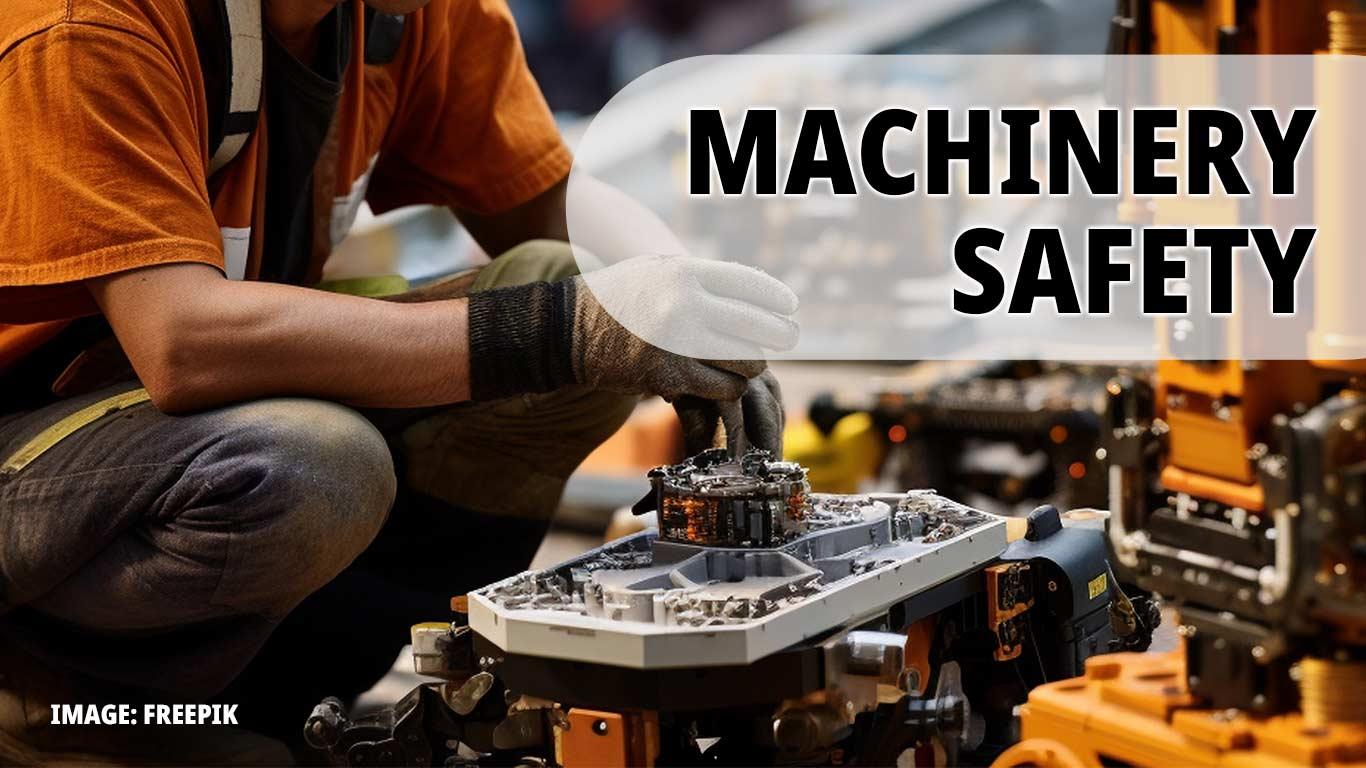
GTRI Raises Concerns Over New Machinery Safety Rules, Fearing Disruption To Indian Manufacturing
The Global Trade Research Initiative (GTRI), a prominent think tank, has raised concerns about the potential consequences of these new rules.
The Machinery and Electrical Equipment Safety (Omnibus Technical Regulation) Order, 2024, introduced by the Ministry of Heavy Industry (MHI) on August 28, 2024, is set to take effect exactly one year later.
This sweeping regulation aims to align Indian safety standards with global norms, covering an estimated 50,000 types of machinery across 463 product categories.
While the intention behind the regulation is commendable, its implementation could prove challenging for India's vast MSME sector.
According to GTRI, these small businesses, which constitute 90 per cent of the estimated 150,000 affected manufacturers, face unique hurdles in complying with the new standards due to financial, technical, and infrastructural constraints.
GTRI Founder Ajay Srivastava highlighted a critical issue: "Although the ministry order does not apply to export-oriented machinery, this exemption may not be helpful in practice, as most firms manufacture goods for both domestic and export markets."
This means that even export-focused businesses will need to meet full Bureau of Indian Standards (BIS) certification requirements for their entire product range.
The impact of these regulations extends beyond domestic production. In the fiscal year 2024, India imported machinery worth USD 25 billion in the affected categories, with China accounting for a significant 39.1 per cent of this value.
Simultaneously, India exported USD 17.7 billion worth of machinery. The new rules could potentially disrupt this trade flow, affecting both imports and exports.
To address these challenges, GTRI has proposed a three-pronged approach: extending the compliance timeline, implementing the regulations in a phased manner, and providing government support to help the industry adapt.
These suggestions aim to balance the need for improved safety standards with the practical realities faced by Indian manufacturers, especially MSMEs.
Anil Jauhri, former CEO of the National Accreditation Board for Certification Bodies (NABCB), emphasised the need for a robust support system: "A mechanism for certifying competent technical professionals is essential to help industries implement these new standards."
He pointed out that despite the Indian National Strategy for Standardisation (INSS) emphasising counselling and training, there has been a lack of action in certifying technical consultants and trainers, leaving industries struggling with implementation.
As the deadline for compliance approaches, the industry watches closely. The success of these regulations will depend on a coordinated strategy involving the government, industry associations, and individual firms.
The coming months will be crucial in determining whether India can successfully navigate this transition, balancing safety improvements with the needs of its diverse manufacturing sector.
(KNN Bureau)
Legal Disclaimer:
MENAFN provides the
information “as is” without warranty of any kind. We do not accept
any responsibility or liability for the accuracy, content, images,
videos, licenses, completeness, legality, or reliability of the information
contained in this article. If you have any complaints or copyright
issues related to this article, kindly contact the provider above.


















Comments
No comment